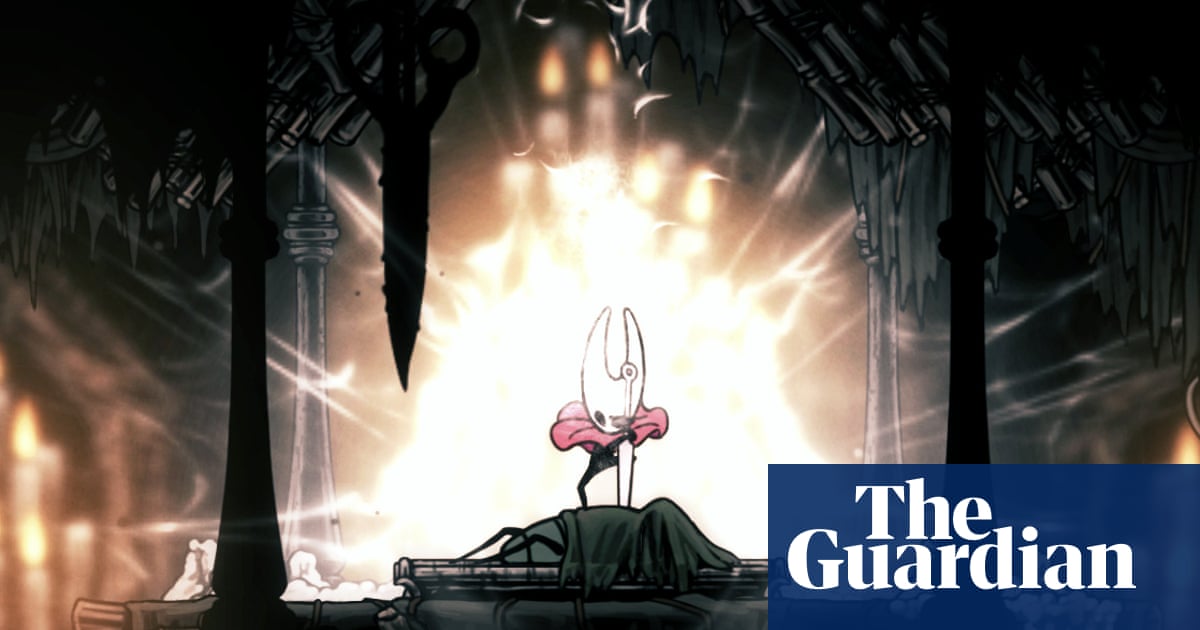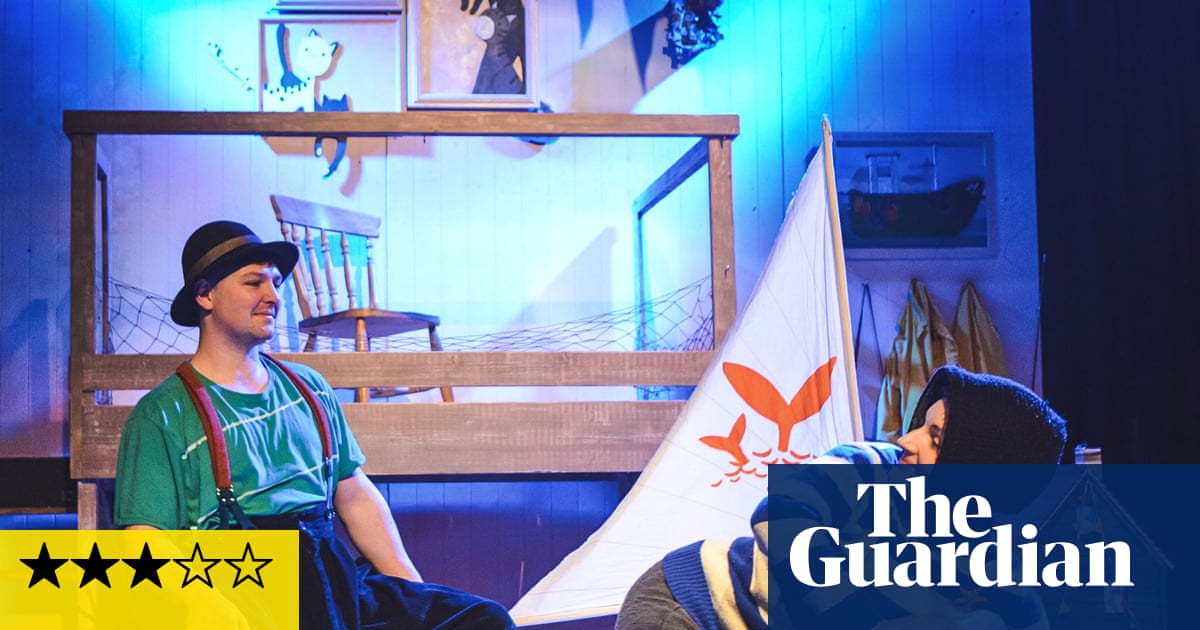Five years ago, when we were all seeking ways to take our minds off real-world events, Supergiant Games’ Hades was a welcome distraction indeed. Wayward son of the underworld Zagreus’s repeated attempts to abscond from his purgatorial prison offered catharsis at a time when none of us could leave our homes. It did no harm that it was genuinely, unapologetically sexy: all of artist Jen Zee’s character designs had abs hewn from Olympian rock, and just about everyone addressed you as if they’d seen you from across the bar and really dug your vibe. Winning the favour of these absurdly attractive Greek gods was the key to finally getting above ground. It was – apologies – a hell of an escape.
And a hell of an act to follow, too. But in Hades II, composer Darren Korb delivers a thunderously dramatic score for the closing stages of your Olympian ascent that reaches a level of operatic grandeur to trump anything in the original game. Zee’s new character illustrations (including one returning favourite in a leopardskin posing pouch) are, if anything, likely to inspire even more aggressively thirsty fanart and fanfic. And writer Greg Kasavin’s wonderful script is wittier, wiser and flirtier than ever.
Zagreus has absconded for the sequel: this time you’re his sister Melinoë, who finds herself at a crossroads. Not the motel, but the woodland clearing she calls home, alongside a clutch of spectral Shades and mentor Hecate. It might be gloomy and damp, but unlike Zag, she’s not looking to get away: she ventures out to fight each night because the Titan of Time, Chronos, is up to no good. Yes, in a wry subversion of what we were all doing five years ago, Supergiant is now literally inviting us to kill Time. It’s a battle on two fronts, and at two extremes: deep beneath the surface, and at the peak of Mount Olympus.

You probably won’t even beat Hecate on your first attempt – a fight against your “headmistress” is only the first test of your combat skills. But therein lies the appeal of run-based games such as Hades II. Each night represents a chance to improve, to hone your (witch)craft. There are lessons to be learned in failure, but on each run you’ll make some measure of progress. It leans fully into its occult theme: you’ll forage ingredients to drop into the cauldron between runs, and your spells and incantations improve your chances of survival.
It draws inspiration, too, from another pandemic favourite. Animals crossing your path can sniff out resources and help in battle. Pale raven Raki pecks at rocks and foes alike, while faithful hound Hecuba can leave opponents stunned while digging up restorative snacks. I personally found it hard to look beyond wildcat Toula, who lunges, claws bared, at nearby opponents – when she can be bothered, at least. She also allows you to defy death once per run; with nine lives, she can afford to spare one.
You’ll need the help of these unfamiliar familiars, and every bit of godly assistance besides, to conquer Chronos. Encounters are every bit as intense as you’d hope for, and it takes a minute to adjust to Melinoë’s enchanted arsenal. Fittingly, even as you wield her witch’s staff like a spear, combat feels closer to sorcery. A black coat that allows you to punch opponents into the ether doubles as a magic jetpack. The umbral flames have become my go-to, usually powered up by blacksmith Hephaestus. As difficult as Hades II gets, you have more ways than ever to weight the dice in your favour. Conversely, you can make Olympus’s slopes even steeper: nightmarish boss-fight variants, for instance, demand mastery of the game’s most deliciously evil risk-reward mechanic.
One of the joys of Hades II is getting caught up in the internecine discord among the dysfunctional extended family. But it’s ultimately about resolving conflict. Sure, not everyone has read the memo: Scylla, front woman of a pop-punk trio of Sirens, cheerfully sings about clawing out your eyes and drowning you in the dank depths of Oceanus. But even the likes of power-suited Chaos and grumpy Nemesis (so affronted by you effectively doing her job that she’ll sporadically show up to challenge you to a contest, before barricading a potential exit) can be won over with a gift of nectar – or ambrosia. The game’s ending, too, makes it abundantly clear that any fight against forces of oppression requires us all to play a part, no matter how small; that whether you go low or high, resistance requires strength that can only come from solidarity.

 3 months ago
111
3 months ago
111

















































